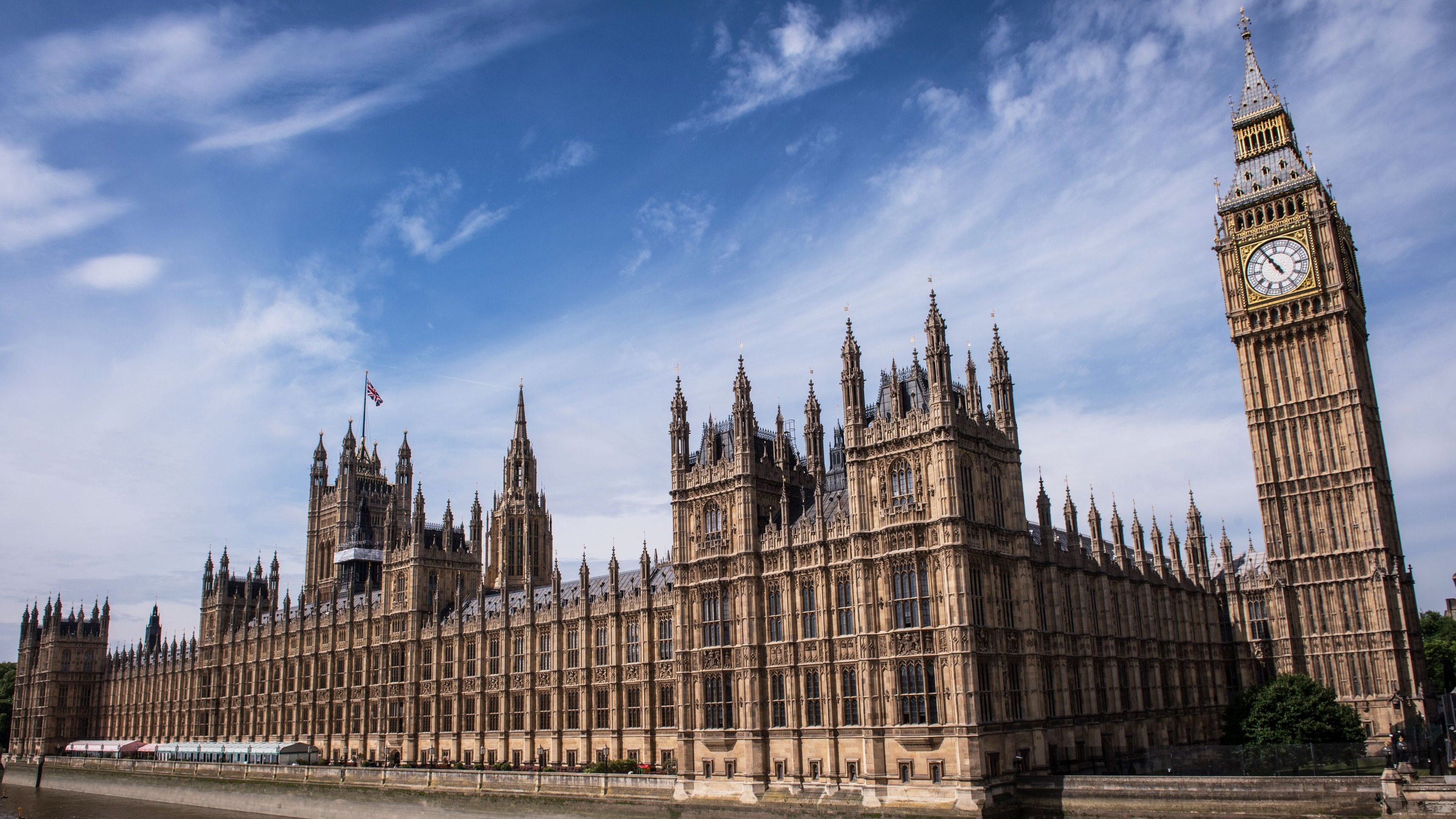.jpg)
Chancellor Jeremy Hunt has used his 2024 pre-Election Budget speech to announce further regulatory reforms in support of his controversial Mansion House agenda to boost the domestic stock market.
Speaking to the House of Commons this afternoon, Hunt said defined contribution and local government pension schemes would eventually be required to disclose their exposure to UK equities.
"We'll build on the Edinburgh and Mansion House reforms to unlock more pension funds [and give] new powers to The Pensions Regulator and Financial Conduct Authority to ensure better value from defined contribution schemes by judging performance on overall returns not cost," he told MPs.
As part of the policy, the government will proceed with its "Lifts" initiative, which was consulted upon from March to April last year in a bid to identify growth investment opportunities for pension schemes. Today, it also publishes the "winners" from that process.
Following Australia on Pensions
However, the chancellor said he "remains concerned" markets like those in Australia "generate better returns for pension savers with more effective investment strategies and more investment in high-quality domestic growth stocks."
Therefore, the government will "introduce new requirements for DC and local government pension funds to disclose publicly-available international and UK equity investments," the chancellor said.
Though it involves a requirement to disclose information about its activities, the policy stops short of stipulating precisely how much schemes should be investing in UK markets.
The move comes amid a broader agenda of controversial reforms to the UK investment landscape, including a so-called Great British ISA also announced in the speech itself.
The product will have its own separate £5,000 allowance, on top of the existing £20,000 ISA allowance available to savers.
Pot For Life Still on Life Support
In addition to the announcement, the chancellor said he would be proceeding with so-called Pot For Life proposals, designed to limit the number of small pension pots auto-enrolment.
Under the idea, savers enrolled into pension schemes at the start of their savings and employment journeys will be given one pot managed by a single provider, rather than progressing through multiple pots (and multiple providers) as they change jobs.
The policy is designed to adapt auto-enrolment for the staff turnover now experienced by modern companies, but it has been met with severe criticism from those who claim the efforts risk limiting competition, and confusing savers themselves.
But others have been more optimistic.
Commenting on today's announcement, Andrew Marker, head of retail pensions at Vanguard Europe, said: "we are encouraged by the government’s commitment to give workers the choice to select their own pension provider.
"With the average worker in the UK expected to have 11 jobs in their working lifetime, it is likely they will accumulate several pension 'pots' with different providers.
"Keeping track of multiple pensions is not easy and, in fact, 2.8 million pensions worth an average of £9,500 each are estimated to be lost or forgotten in the UK.
"The move would therefore be a step in the right direction which would give people greater clarity about their retirement savings. A 'pot for life' would allow individuals the opportunity to take control of their pension, making it easier to plan for the future and to ensure their savings are being invested with their future goals in mind.
"What's more, the move to one 'pot for life' would allow people to potentially reduce the annual percentage fee they currently pay for admin and investment charges, by combining multiple pensions into just one.
"However, to save on costs, there must be industry-wide transparency on fees as well as performance to ensure people can compare schemes and make the right decision for them."
Green Gilts
The government also plans to raise £10 billion via the issuance of green gilts in 2024-25.
The focus will be on re-openings of two existing green gilts, which wil be kept under review.
The finance is derived from eligible green expenditure in the coming financial year and will be adjusted in case of unallocated financing from years prior.
Morningstar.co.uk has previously hosted the before and against arguments for Pot For Life. You can read the argument for the policy here, and the argument against it here





























